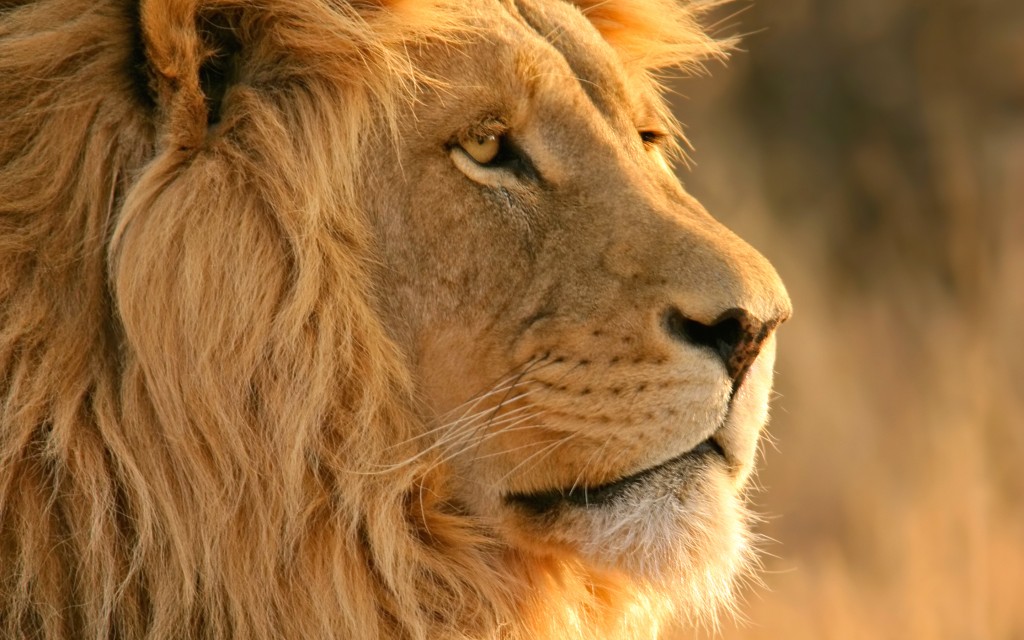-
Tips for becoming a good boxer - November 6, 2020
-
7 expert tips for making your hens night a memorable one - November 6, 2020
-
5 reasons to host your Christmas party on a cruise boat - November 6, 2020
-
What to do when you’re charged with a crime - November 6, 2020
-
Should you get one or multiple dogs? Here’s all you need to know - November 3, 2020
-
A Guide: How to Build Your Very Own Magic Mirror - February 14, 2019
-
Our Top Inspirational Baseball Stars - November 24, 2018
-
Five Tech Tools That Will Help You Turn Your Blog into a Business - November 24, 2018
-
How to Indulge on Vacation without Expanding Your Waist - November 9, 2018
-
5 Strategies for Businesses to Appeal to Today’s Increasingly Mobile-Crazed Customers - November 9, 2018
African lion populations could be cut in half by 2035
A lion and her cubs at the Masai Mara Game Reserve in Kenya.
Advertisement
However in West and Central Africa, the researchers found the declines have been so severe that there is now a 67 per cent chance the region’s lion populations will half in the next two decades if current rates of loss continue.
The study was published Monday in the Proceedings of the National Academy of Sciences. This is largly due to fenced in reservations and the thriving tourism economy of countries such as South Africa, Botswana, Namibia, and Zimbabwe. Habitat destruction, decreasing prey availability, bushmeat hunting and poaching have all taken their toll on lion populations, and new research suggests that their condition may be even worse than expected.
A lion in an umbrella acacia tree in Tanzania’s Serengeti National Park.
The research looked at 47 African lion populations of about 8,221 lions.
“We are losing all the populations which are characteristic of the pristine view of lions”, he said.
“We have known for a long time that lions are declining, but this is not just about less lions; it is about lions no longer playing a keystone role in functioning ecosystems”, said study co-author Hans Bauer, a scientist with the Wildlife Conservation Research Unit at the University of Oxford.
After a series of analysis, researchers found sobering results. Recent estimates suggest that, in total, there are a little more than 8,000 lions left in the sampled areas.
“It came as a big surprise because Nigeria has by far the biggest human population on the continent, and the national parks are fairly small compared to others in West Africa that already have lost their lions”, Henschel told The Associated Press. In East Africa, the chances of this are 37 percent.
The lion is among Africa’s most iconic wildlife – right up there with elephants, rhinos and giraffes – and also one of the continent’s top predators. And a robust trade in bush meat has depleted the prey that the big cats depend on for survival.
This, he says, would not only save the lions, but also the biodiversity around them.
Poorly regulated trophy hunting has added to the problem in a few countries.
Panthera and the Oxford University-based WildCRU are hosting a Cecil Summit in February in Oxford to draw attention to the threat to lions like Cecil, who conservationists say was lured out of a protected area in Zimbabwe’s Hwange National Park before being wounded with a bow and arrow and then tracked down and killed.
That doesn’t bode well for the future of Africa’s lions, says Laurence Frank, a lion conservation expert and zoologist at the University of California, Berkeley, who was not involved in the study. “If we don’t get past ideology and get down to what works, we’re going to lose the whole lot”.
East Africa is the most successful region for the lion conservation and is considered a stronghold for wild lions but fearsome animal is expecting a decline here too in the next couple of decades.
Luke Hunter, president of the wild-cat conservation organization Panthera and one of the authors of the study said.
The lion is now listed as vulnerable on the World Conservation Union (IUCN) Red List but rapid decline is making it a strong contender to be shifted it to threatened or endangered status. Moreover, the western subpopulations of African lions are marked as critically endangered. A final decision on the listing must be made by Thursday.
The majestic feline that roams around African grounds might be in peril of endangerment.
Advertisement
Vanessa Kauffman, a spokeswoman for the wildlife service, said the agency was “definitely looking into all the available new scientific information”.




























